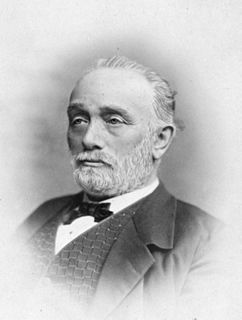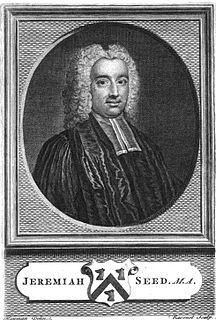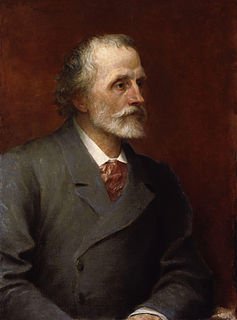A Quote by Alexander Pope
True Wit is Nature to advantage dress'd What oft was thought, but ne'er so well express'd; Something whose truth convinced at sight we find, That gives us back the image of our mind. As shades more sweetly recommend the light, So modest plainness sets off sprightly wit.
Related Quotes
Men of superior vivacity and wit, when they take a wrong turn, are generally worse than other men: because wit, consisting in a lively representation of ideas assembled together, gives every sensible object those heightening touches, and that striking imagery, which is unknown to men of slower apprehensions: wit being to sensible objects, what light is to bodies; it does not merely show them as they are in themselves: it gives an adventitious colour, which is not a property inherent in them: it lends them beauties which are not their own.
Faith is indeed the energy of our whole universe directed to the highest form of being. Faith gives stability to our view of the universe. By faith we are convinced that our impressions of things without are not dreams or delusions, but, for us, true representations of our environment. By faith we are convinced that the signs of permanence, order, progress, which we observe in nature are true. By faith we are convinced that fellowship is possible with our fellow man and with God.


































